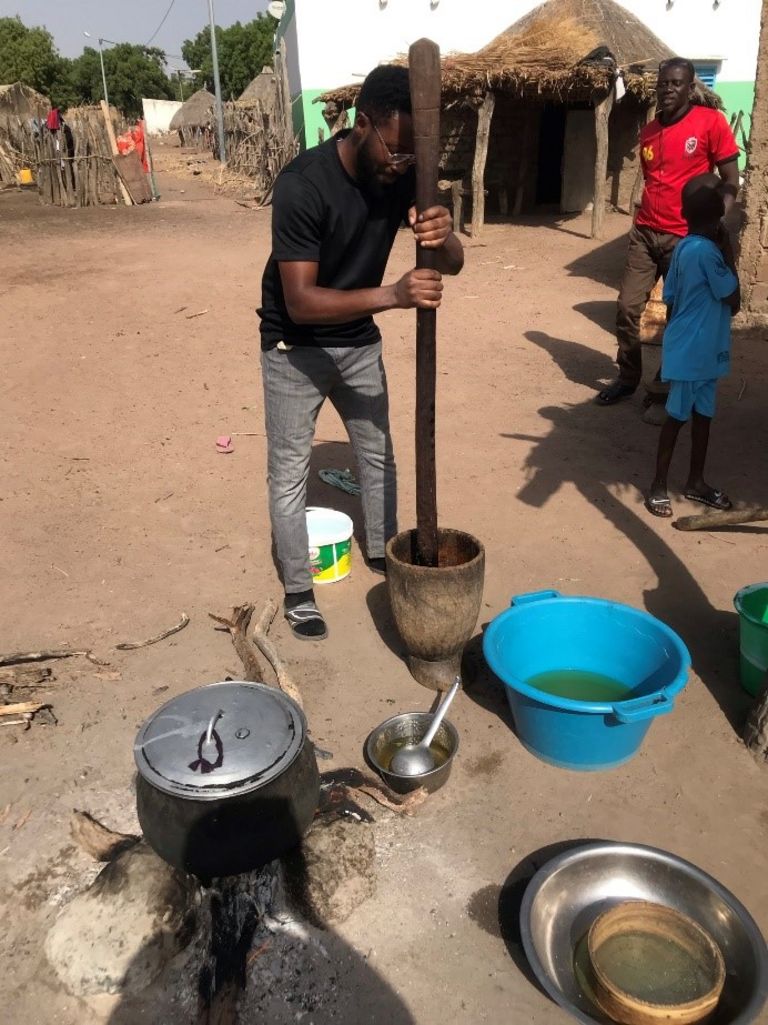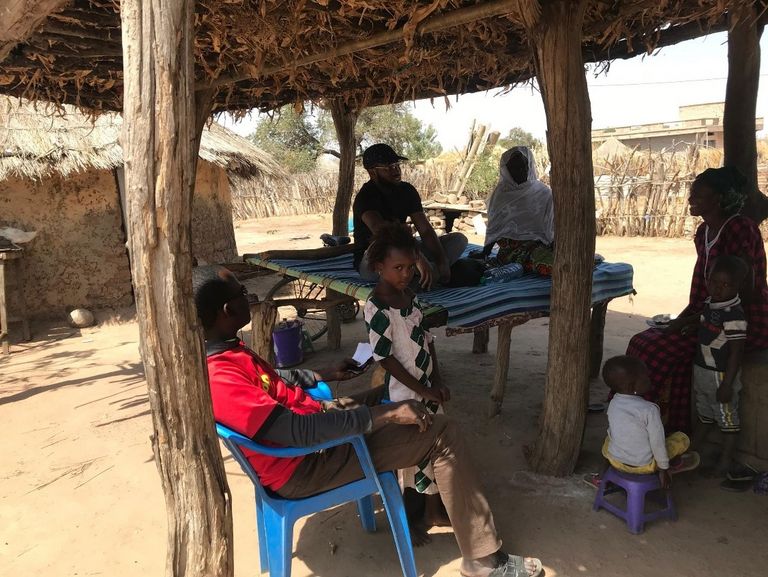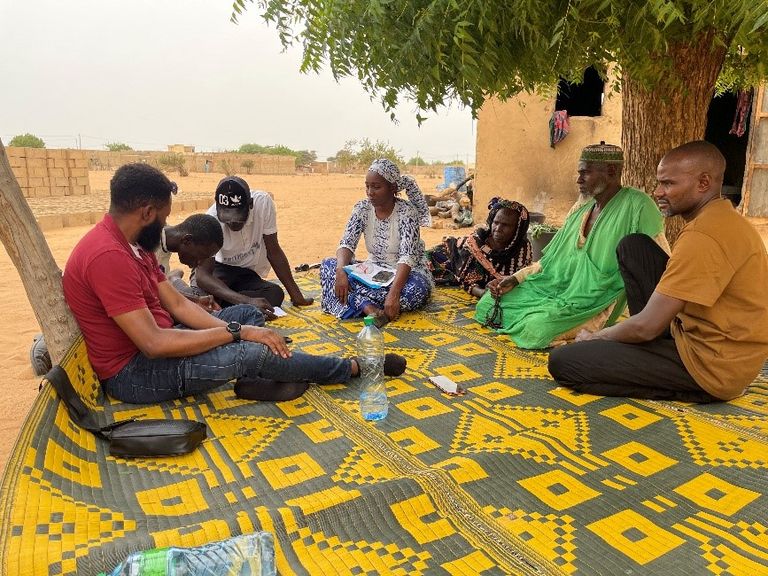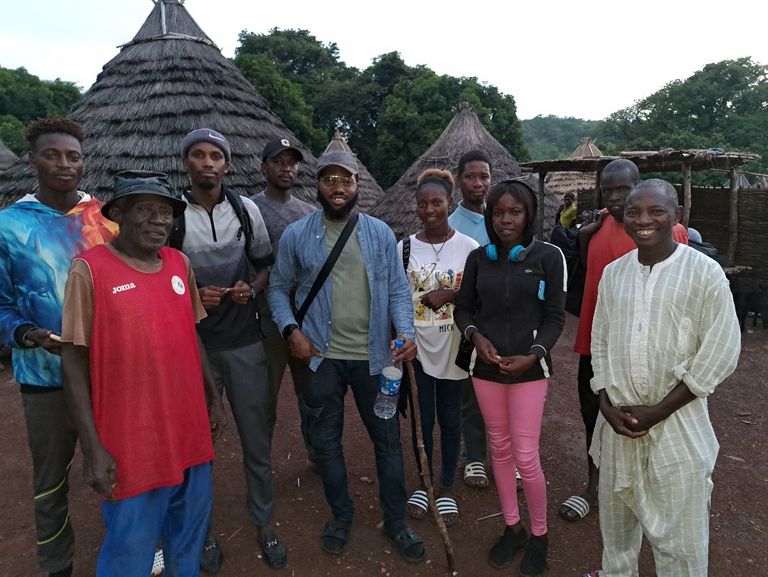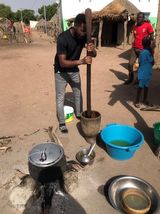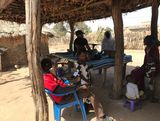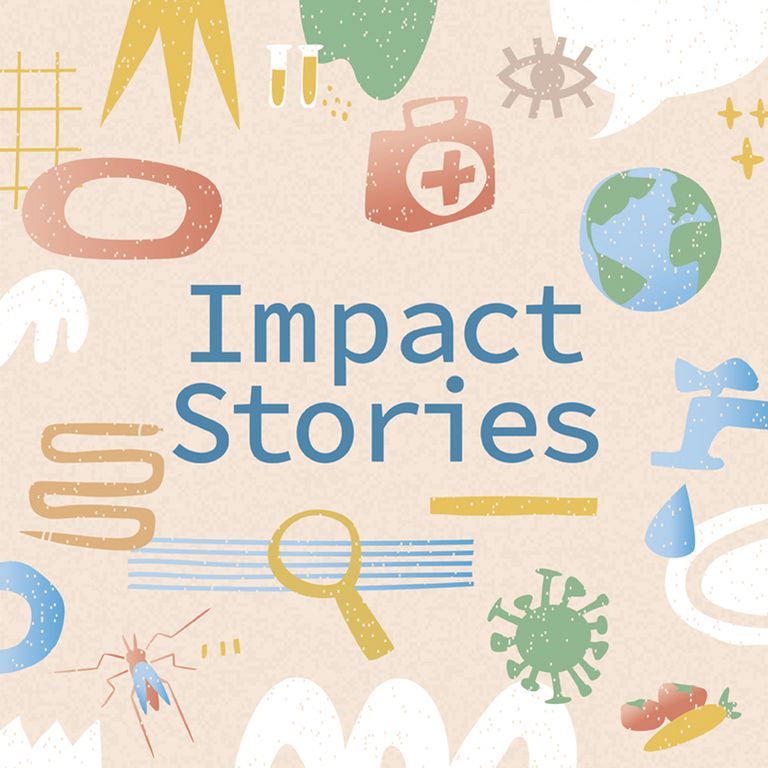
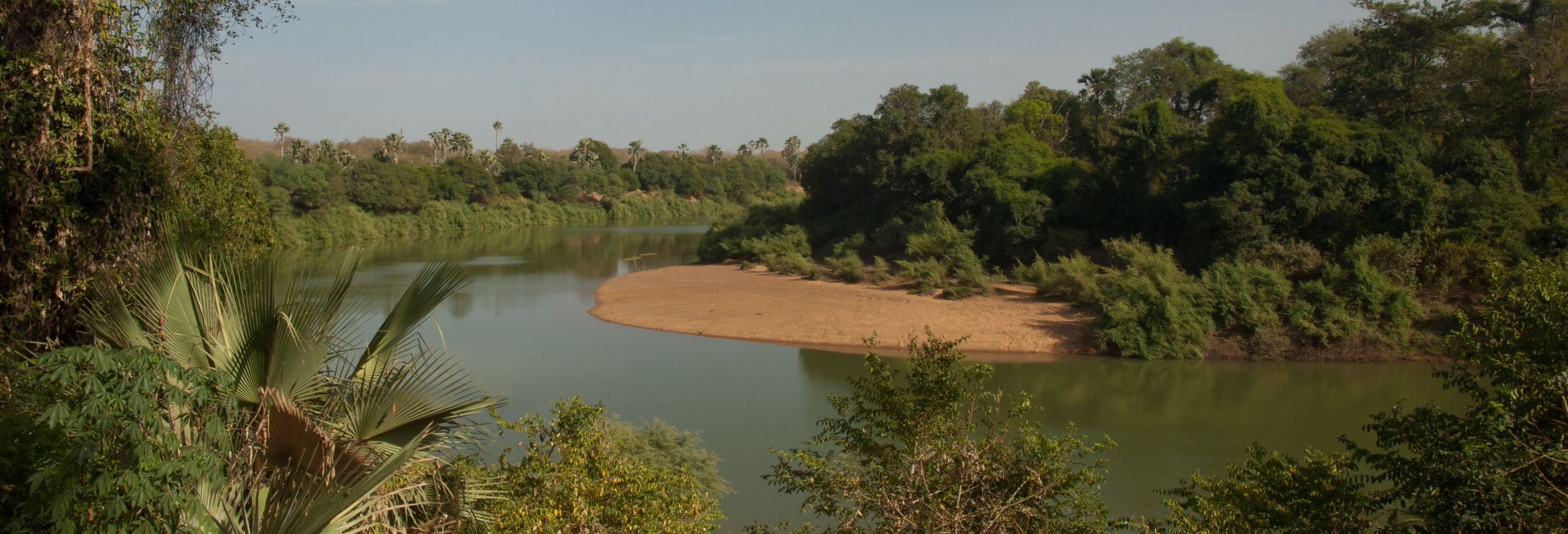
Food insecurity is a global issue affecting millions of people across the world. Access to sufficient and nutritious food is a fundamental human right, yet many households around the world continue to struggle with food insecurity, and the challenges of ending hunger keep growing.
Forests are essential to the food security of millions, particularly rural and indigenous communities who rely on them for their livelihoods. Their diverse ecosystems offer a wealth of food resources, including wild fruits and plants, and even game. In many rural communities, forest-based food sources are integral to local diets and livelihoods, especially during periods of food shortage and famine when agricultural crop production is insufficient. While wild edible fruits and plants have often been regarded as ‘poverty foods’, there has been a growing recognition of their value in global food security in recent years.
This highlights a shift in perception of wild fruits and plants, from being seen solely as subsistence foods for impoverished communities, to being valued for their potential contribution to addressing global food security challenges. Beyond wild edible fruits and plants, hunting and foraging in forests are also traditional practices that have sustained communities for generations. Additionally, forests support the livelihoods of many through the collection and sale of non-timber products, contributing to household income and economic stability.
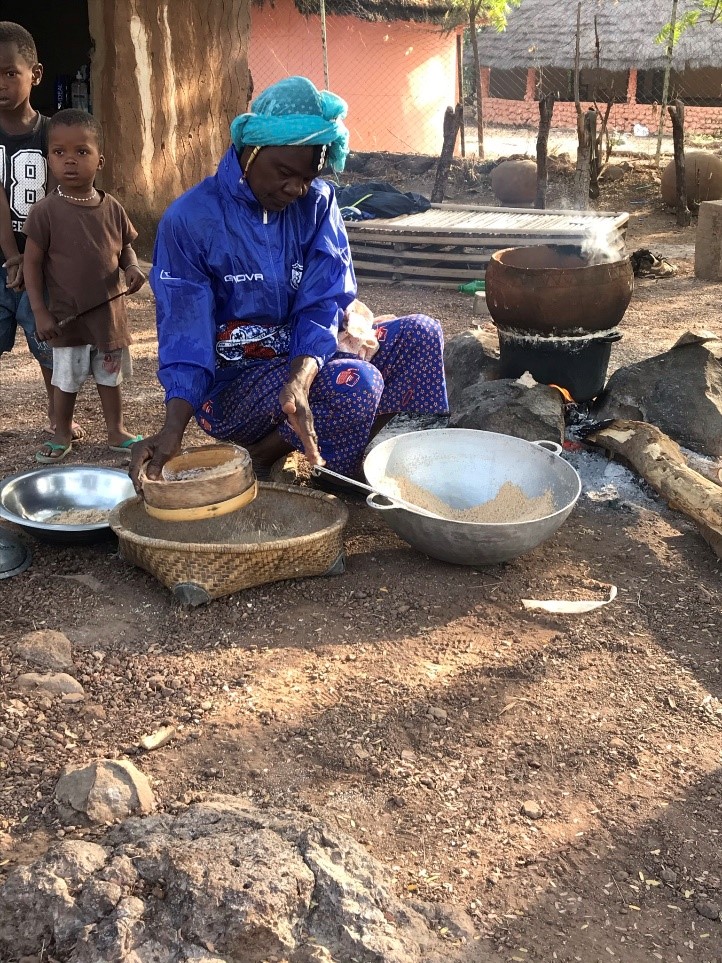
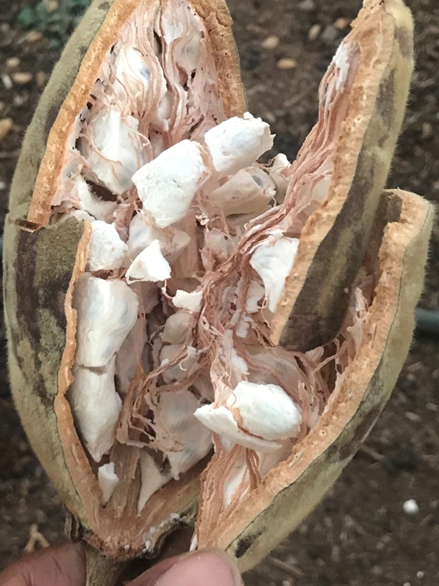

Balancing environmental and local needs
While there is widespread acknowledgment of the important role these forest resources play in providing diverse and nutritious food, global initiatives on environmental conservation and climate change mitigation have sometimes come at the expense of local communities. For example, in some regions, conservation efforts have led to restrictions on the use of forest resources, which in turn have affected the livelihoods and food security of the communities who have historically relied on them.
Case study: The Boundou region, Senegal
One such example is our case study from the Foodways project in the Boundou region of Senegal, where conservation efforts are transforming the local means of sustenance and landscapes in ways that have restricted livelihood practices and resources of the communities. For instance, the prohibition of grazing following the designation of this region as a protected area in 2009 has led to socio-environmental changes in the area. People have raised concerns about the availability and quality of fodder or pasture. The prohibition of grazing within the protected area has reduced livestock production, leading to a decline in milk production, a crucial source of nutrition for many households, and thus increasing the risk of malnutrition.
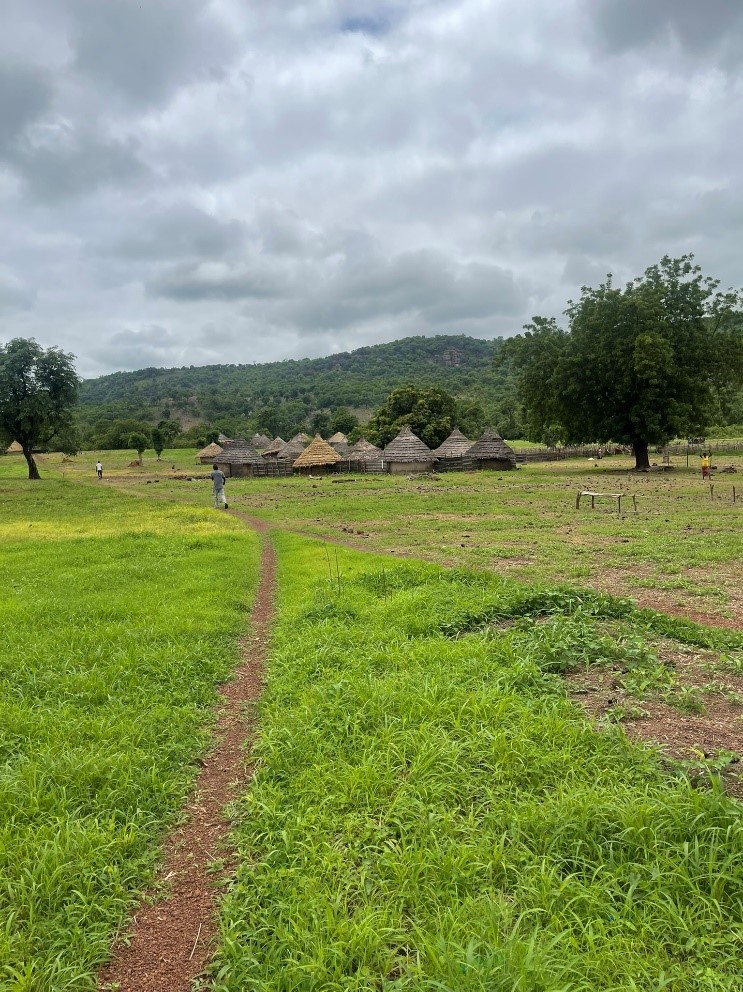
Furthermore, the prohibition of hunting, a traditional means of obtaining bushmeat, has limited an important food source for local people. From a political ecology perspective, the prohibition of hunting in this region can be seen as a form of environmental governance aimed at protecting biodiversity and preserving ecosystems. However, it can also lead to the marginalisation of local communities who have traditionally relied on hunting as a means of subsistence and as a cultural practice. In our study, we argue that the prohibition of hunting in the Boundou region could be seen as a form of land appropriation in the context of wildlife management which is often referred to as ‘green grabbing’. This term describes the process where land and associated resources are claimed in the name of addressing environmental issues, but in reality, are operated under the guise of doing so.
While green grabbing is often justified as a necessary step for addressing global environmental challenges, it carries a hidden cost: undermining the food security and livelihoods of local communities. The theoretical concept of green grabbing further emphasises the power dynamics in environmental decision-making processes. When hunting is banned, the control over wildlife and natural resources shifts to external actors such as conservation organisations or state authorities. This shift in control can perpetuate existing power imbalances and further marginalise already vulnerable populations.
Inclusive approaches to conservation
Environmental conservation and climate change mitigation are important global goals, but they must be pursued in a way that respects the rights and livelihoods of local people. Forest-dependent people are not just bystanders; they play a vital role in the sustainable management of ecosystems through traditional knowledge and practices. For conservation and land use to be sustainable, it is essential to adopt inclusive approaches that recognise the critical role that forest-dependent communities play in managing and preserving these ecosystems. Ensuring that local people have secure access to land and resources is key to achieving both environmental sustainability and food security for all.
